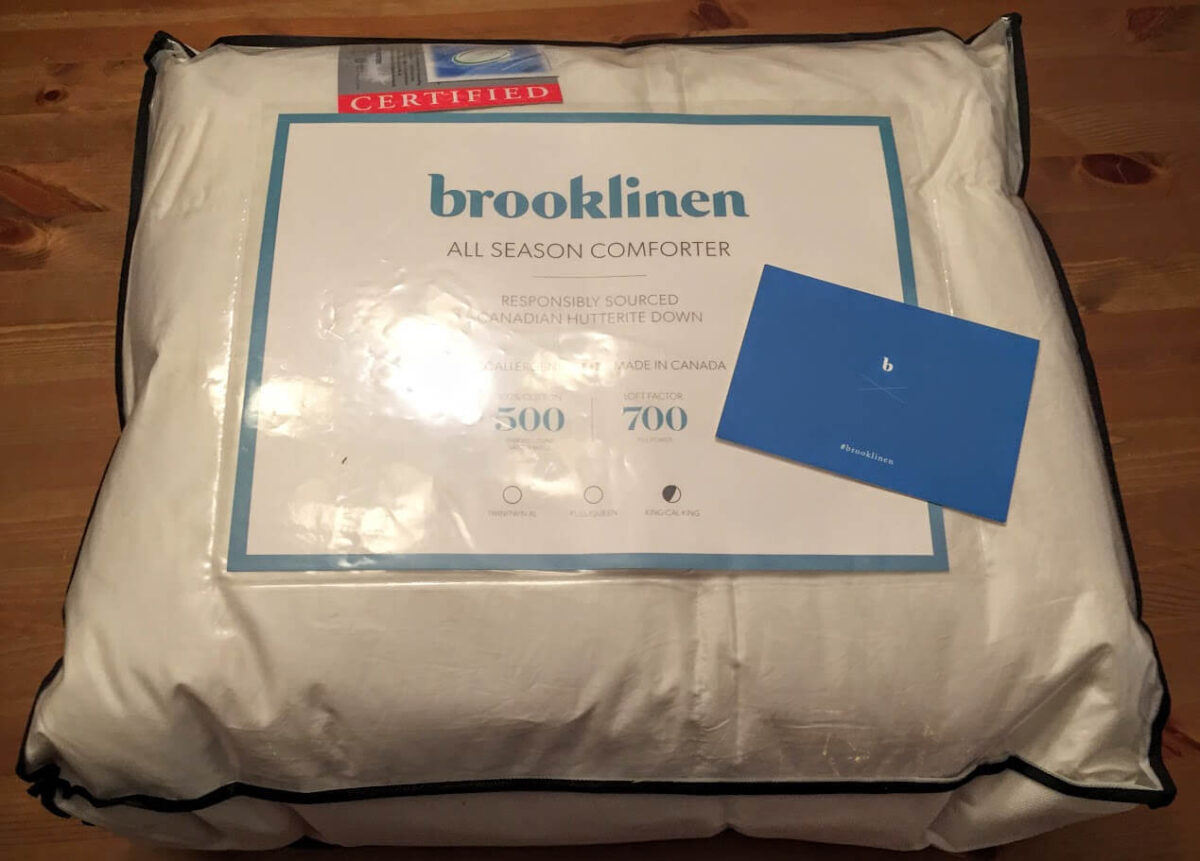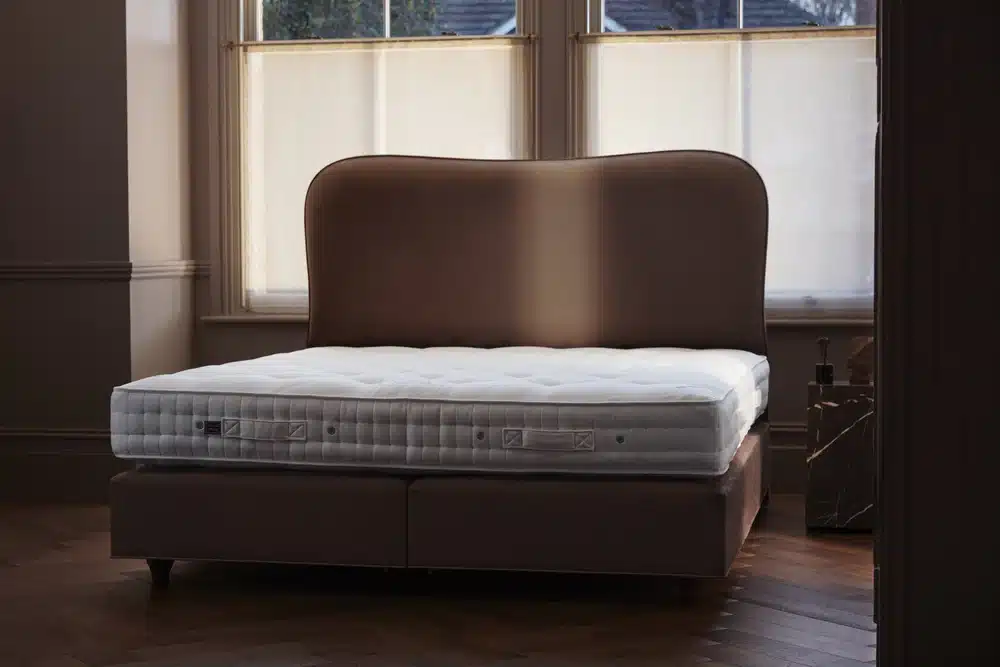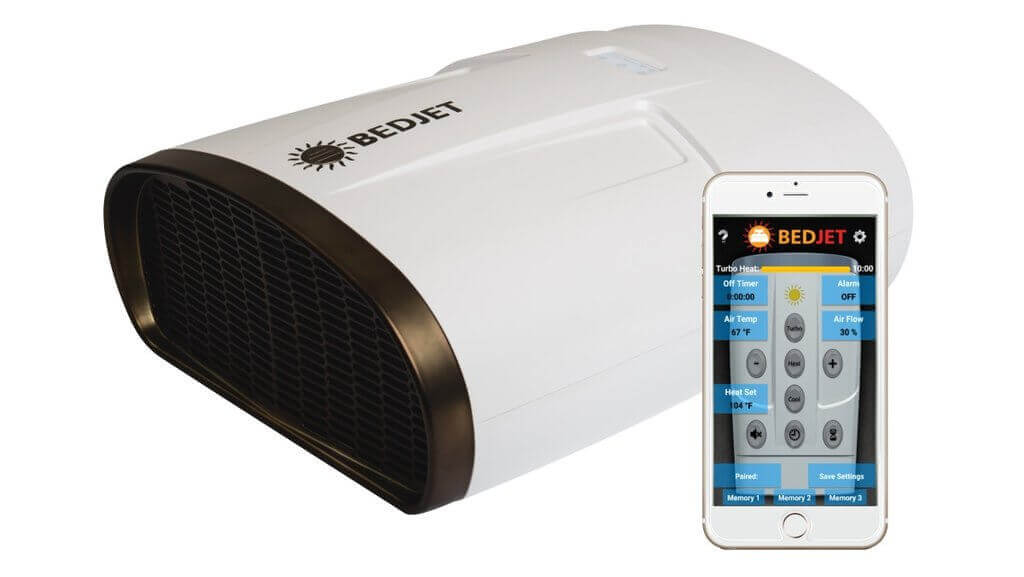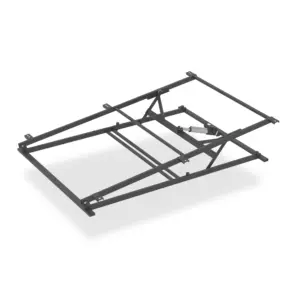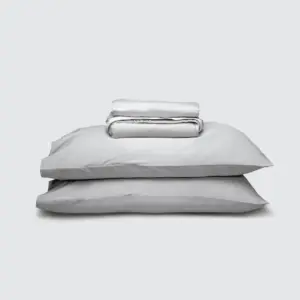How to Sleep Off a Hangover: 5 Best Tips for 2025
Waking up with a hangover is an all-too-common experience after a night of revelry. It’s often accompanied by a trifecta of discomfort: headaches, fatigue, and nausea. While there’s no magic cure for this unpleasant state, understanding how to sleep off a hangover is vital to easing the pain and getting back to your normal self. By following these effective strategies, you can optimize your recovery and wake up feeling significantly better.
Prioritize Sleep
When dealing with a hangover, prioritizing quality sleep should be your first step. Sleep provides your body with the time it needs to heal and recuperate. Alcohol disrupts sleep patterns, often leading to a restless night and leaving you feeling even more drained. To tackle this, aim to create an environment conducive to deep, uninterrupted rest.
Optimize Your Sleep Environment
The physical space where you sleep can greatly influence the quality of your rest. Here are some strategies to enhance your sleep environment:
– Temperature Control: Keep your bedroom cool, ideally between 60 and 67 degrees Fahrenheit. A lower temperature promotes better sleep quality.
– Darkness: Reduce light exposure by using blackout curtains or an eye mask. Darkness facilitates the production of melatonin, the hormone responsible for regulating sleep cycles.
– Comfort: Invest in comfortable bedding with soft, breathable sheets and a supportive mattress. A cozy bed will help you fall asleep more quickly and stay asleep longer.
Research indicates that quality sleep after drinking significantly impacts how severe your hangover symptoms are the next day, emphasizing the importance of this initial step.
Hydrate Before Sleeping
Dehydration is a major contributor to hangover misery. Alcohol acts as a diuretic, which means it increases urine production and, consequently, fluid loss. To counteract this, consider these hydration strategies:
– Water: Fill a large glass with water and drink it before bedtime. Keeping another bottle handy for when you wake up can make a significant difference.
– Electrolytes: Opt for drinks rich in electrolytes like Gatorade or coconut water. These beverages aid in rehydration and help restore the electrolytes you lose through alcohol consumption.
– Avoid Caffeine: Steer clear of caffeinated beverages before bedtime. Caffeine can hinder your sleep cycle and prevent your body from fully recovering.
By focusing on both sleep quality and hydration, you’ll be gearing your body for recovery as effectively as possible.
Nourish Your Body
What you consume plays a crucial role in your body’s ability to recover from a hangover. Instead of reaching for greasy foods, focus on nourishing options to support your healing process.
Best Foods for Hangover Relief
– Bland Foods: Eating bland foods can help soothe your stomach. Options like toast can absorb leftover alcohol and are easy to digest.
– Eggs: Rich in protein and amino acids, eggs can help your liver break down toxins more efficiently.
– Avocado: Packed with potassium, avocados can replenish the electrolytes you’ve lost.
Consider forming balanced meals that combine carbohydrates, proteins, and healthy fats. A satisfying breakfast of scrambled eggs,
Drinks to Replenish Electrolytes
In addition to regular hydration, the right drinks can expedite your recovery:
– Coconut Water: This natural hydrator is loaded with essential electrolytes, making it an excellent choice for recovery.
– Sports Drinks: Beverages like Gatorade and Pedialyte offer a quick fix to restore lost electrolytes.
– Warm Broth: A comforting bowl of broth not only hydrates but also provides sodium, crucial for maintaining fluid balance in your body.
Additional Tips for Hangover Relief
Gentle care for your body will yield better results in your recovery journey. Consider the following tips:
– Light Exercise: While heavy workouts should be avoided, a gentle walk can foster blood circulation and help flush out toxins. Fresh air can also lift your spirits.
– Pain Relievers: If you reach for pain relievers to combat a headache, be cautious. Certain medications like ibuprofen and acetaminophen can irritate your stomach and liver, particularly when alcohol is still in your system.
– Avoid Caffeine: Keep in mind that caffeine, while previously a morning staple, may worsen dehydration and increase your hangover symptoms.
Conclusion
Ultimately, knowing how to sleep off a hangover and implementing these recovery strategies can greatly improve your post-celebration experience. A focus on quality sleep, hydration, and proper nutrition can make all the difference. If you’re seeking more insights into achieving restful sleep, Yawnder is here to guide your journey. Offering detailed evaluations of various sleep products, we aim to help you create an optimal environment for relaxation and recovery.
A better sleep setup paired with the right habits can set you up for success, whether you’re recovering from a hangover or simply striving for improved nightly rest. Prioritize your sleep and hydration, and you’ll be back on your feet before you know it!



